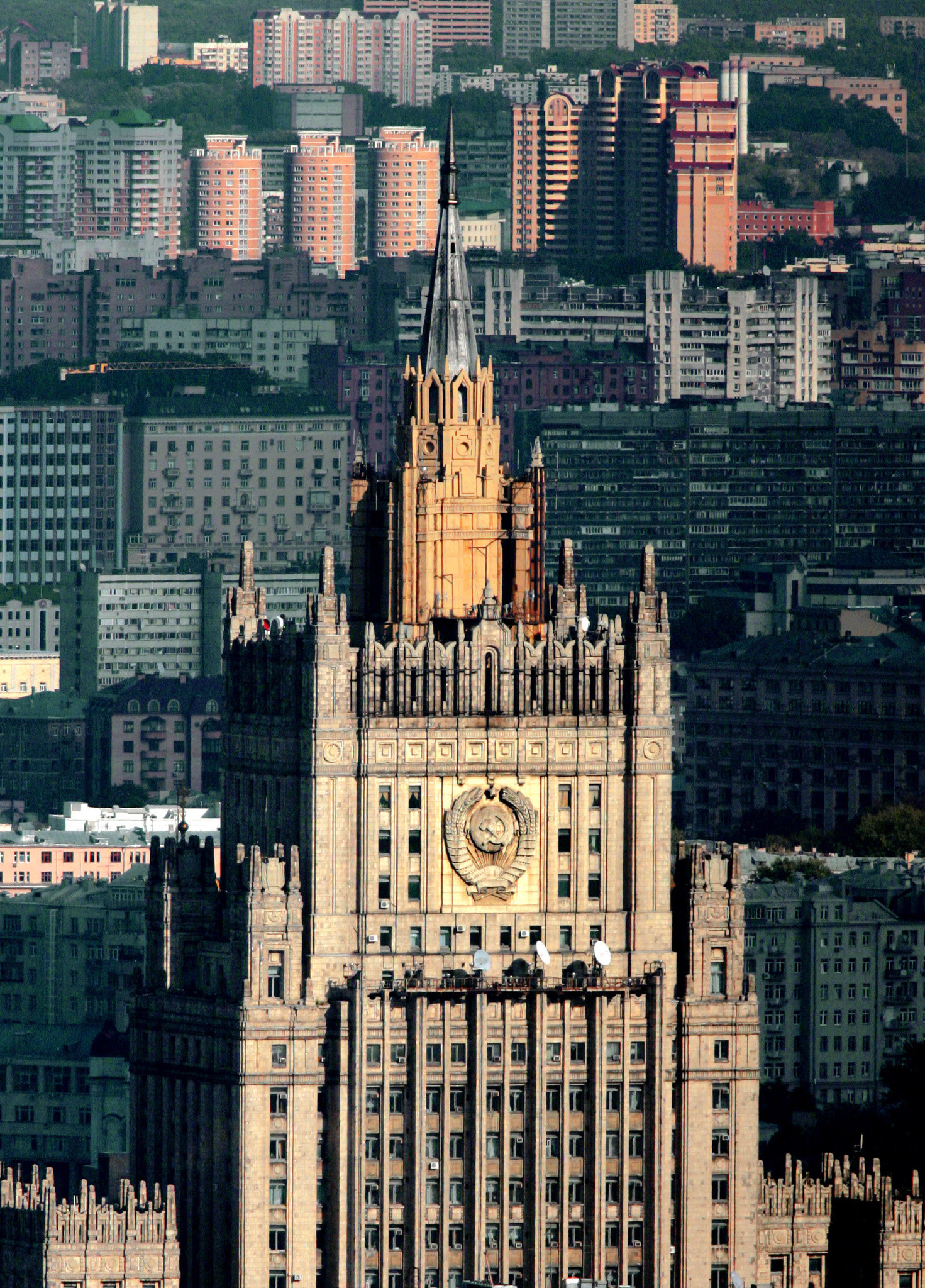MOSCOW, November 30 - RAPSI. Russia's Ministry of Foreign Affairs (MFA) sees the International Criminal Tribunal for the Former Yugoslavia's (ICTY) decision to acquit former Kosovar prime minister and rebel commander Ramush Haradinaj of all war crimes charges as further evidence of the tribunal's selective justice problem, an MFA spokesperson told RIA Novosti Friday.
Initially, Haradinaj was charged with 17 counts of crimes against humanity and 20 counts of violations of the laws or customs of war. Former KLA officers Idriz Balaj and Lahi Brahimaj were charged with all but two of these counts alongside their former commander. In April 2008, the ICTY acquitted Haradinaj and Balaj of all charges, and acquitted Brahimaj of all but two charges. The latter was sentenced to six years.
The prosecution appealed the decision, demanding that the trial chamber's refusal to provide additional time to accommodate two key witnesses constituted a breach of fair trial rights. In July 2010, the ICTY appeals chamber granted in part the prosecution's request, calling for a retrial against Haradinaj and Balaj on six of the indictment's counts of violations of the laws or customs of war. The charges at issue on retrial included cruel treatment, torture, and murder.
On November 29, the ICTY issued its decision acquitting Haradinaj and his accomplices on all counts. While the tribunal found that numerous of the charges of war crimes committed against Kosovo Serbs, Albanians, and Roma/Egyptians could be substantiated, they found that the prosecution failed to provide adequate evidence linking the defendants, either individually or as members of a joint criminal enterprise, to their commission.
"The verdict, along with the recent acquittal of the Croatian generals Ante Gotovina and Mladen Markac, is further evidence of the selective justice in the court, as individuals accused of crimes against humanity and military crimes go unpunished," the ministry said. "We believe the state of affairs at the ICTY is unsatisfactory. The term granted to the body expires and Russia is determined to seek the cessation of the tribunal's activity under the terms established by UN Security Council Resolution No. 1966."



